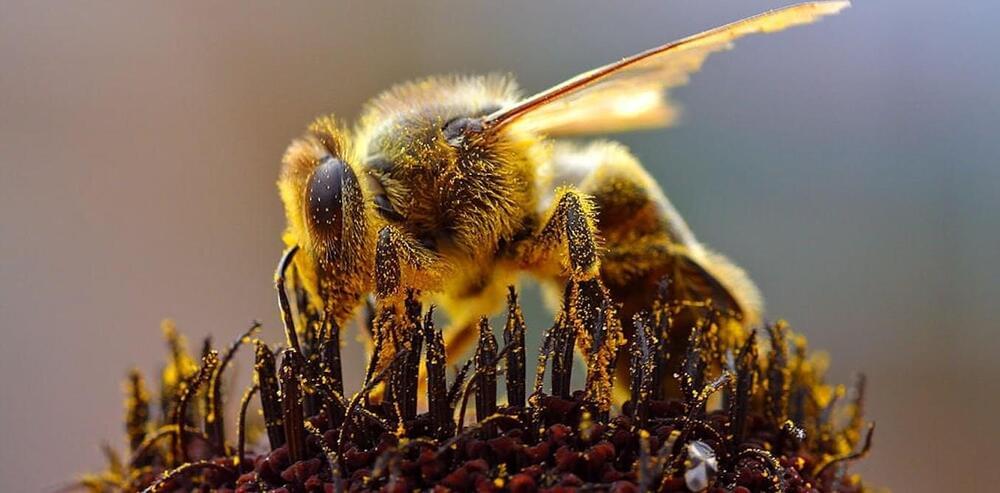At the beginning of my research career around 15 years ago, any suggestion that a bee, or any invertebrate, had a mind of its own or that it could experience the world in an intricate and multifaceted way would be met with ridicule. As Lars Chittka points out in the opening chapters of “The Mind of a Bee,” the attribution of human emotions and experiences was seen as naivety and ignorance; anthropomorphism was a dirty word.
Pet owners eagerly ascribe emotions to their animals, but the simple brain of a bee surely could not experience the rich tapestry that is our existence. They are far too simplistic and robotic, right?
Lars Chittka has been researching honeybees for the past 30 years. “The Mind of a Bee” is a collection of his research stories. It also covers the influential figures in bee research and provides a historical perspective on the research that much behavioral work is built on today.










Comments are closed.